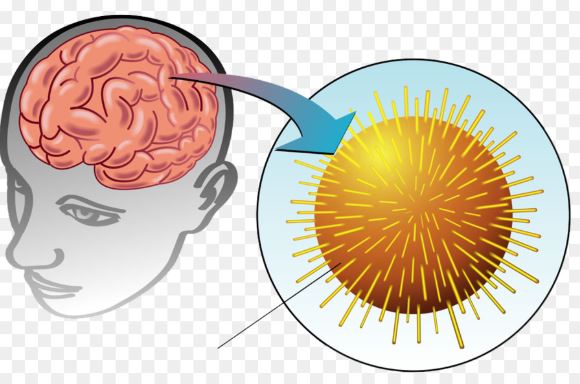New Delhi: Encephalitis or ‘Chamki Bukhaar’ is defined as inflammation in the brain which can be swelling or irritation. Due to encephalitis more than 100 children died in Muzaffarpur and adjoining districts of Bihar. It is a rare but serious disease and most of the casualties occurred are between 1-10 age group.
Small children, the elderly and people with a weakened immune system from HIV/AIDS, cancer etc mostly fall victim to this deadly disease. In encephalitis inflammation of the brain is caused by an infection or through the immune system attacking the brain in error.
Causes:
- The inflammation is caused either by an infection invading the brain or through the immune system attacking the brain.
- The main causative agents of acute encephalitis are the viruses like herpes viruses, enteroviruses, West Nile, Japanese encephalitis, Eastern equine viruses, tick-borne viruses etc.
- Encephalitis is also caused due to bacteria, fungi or parasites, chemicals, toxins and non-infectious agents.
- In some cases, the Nipah virus and Zika virus are also found the cause of Acute Encephalitis Syndrome disease.
- During or after infection viral encephalitis may develop with several viral illnesses like influenza, herpes simplex, measles, mumps, rubella, rabies, chickenpox and arbovirus infection including West Nile virus.
- Herpes simplex type 1 virus is one of the more common and serious causes of viral encephalitis.
- Other causes of AES are Chandioura virus, mumps, measles, dengue; Parvovirus B4, Epstein-Barr virus S. pneumoniae etc. are other causes of Acute Encephalitis Syndrome in sporadic and outbreak from of India.

Symptoms:
- High Fever
- Vomiting
- Headache
- Sensitivity to light
- Confusion
- Stiff neck and back
- Nausea
- Personality change
- Problems with speech or hearing
- Hallucinations
- Memory loss
- Drowsiness
- In severe cases seizures, paralysis and coma

Treatment:
Children suffering from encephalitis or AES need care in a hospital in ICU that is Intensive Care Unit to avoid any type of mishap.
Doctors watch their blood pressure, heart rate, breathing and body fluids to prevent further swelling of the brain.
Some form of encephalitis can also be treated by giving patient Antiviral drugs.
To reduce swelling in the brain Corticosteroids are also given.
Anticonvulsants might be given to a child having seizures.
Over-the-counter (OTC) medicines, like acetaminophen, can help with fever and headaches.
The patient is also given anti-inflammatory drugs like Acetaminophen, Ibuprofen and Naproxen Sodium to reduce headaches and temperature.
Most cases of encephalitis or AES get cured or resolved in a few days but some severe case may take few weeks.

Vaccination:
As per the guidelines of Government of India, 2 doses of Japanese Encephalitis (JE) vaccine have been approved which is to be included in UIP to be given along with measles at the age of 9 months and the second with DPT booster at the age of 16-24 months w.e.f. April 2013.
Is Encephalitis Contagious?
Inflammation in the brain is not contagious. But the virus that causes encephalitis can be. Also, if a person has a virus that does not mean that he or she will develop encephalitis.
Also Read: Meet Stuti Khandwala From Gujarat Who Has Cracked All Major Competitive Exams




 Ms Kalinga
Ms Kalinga